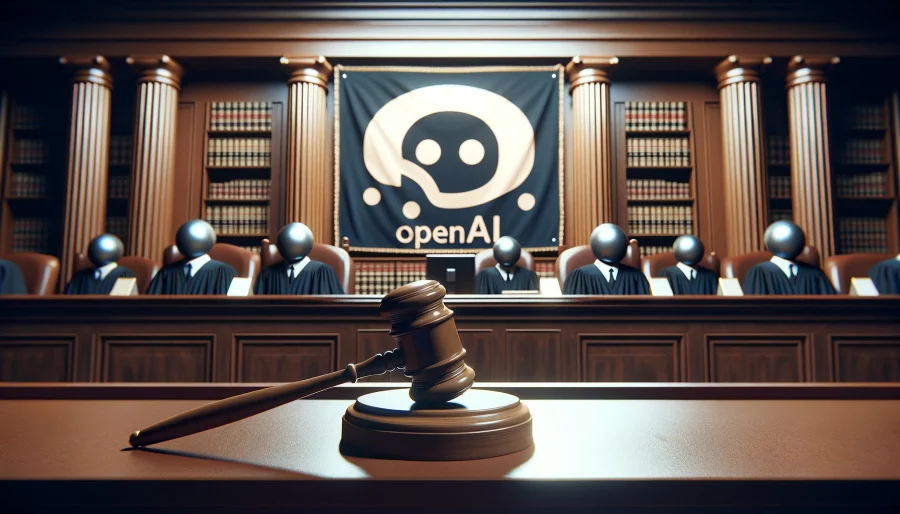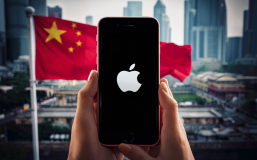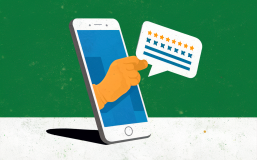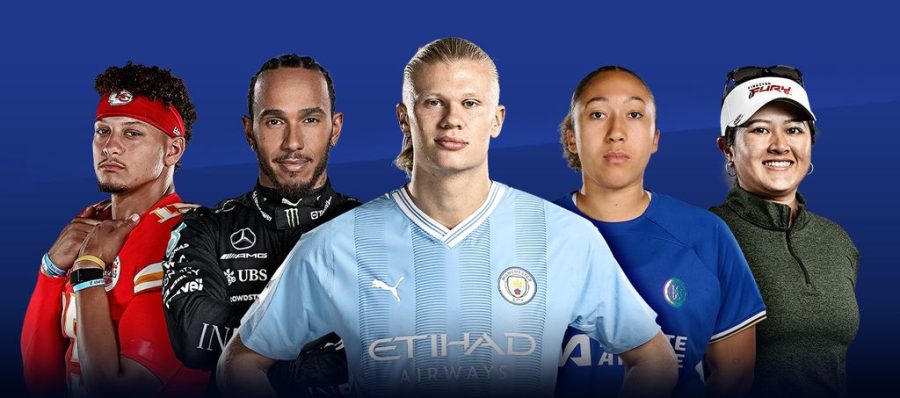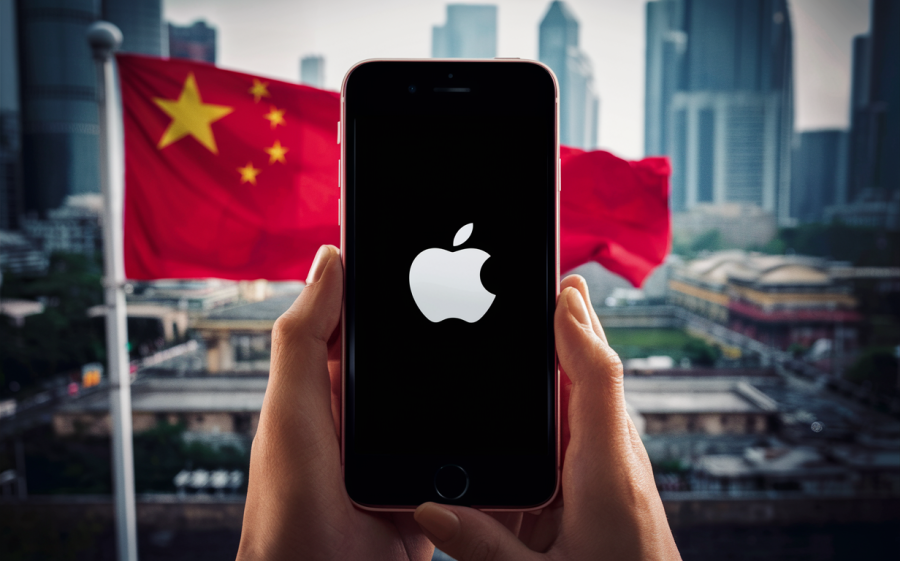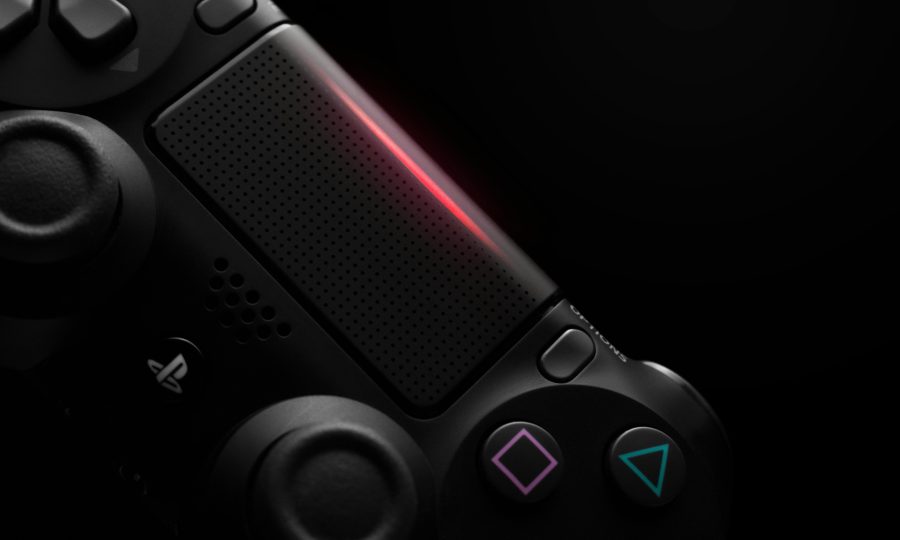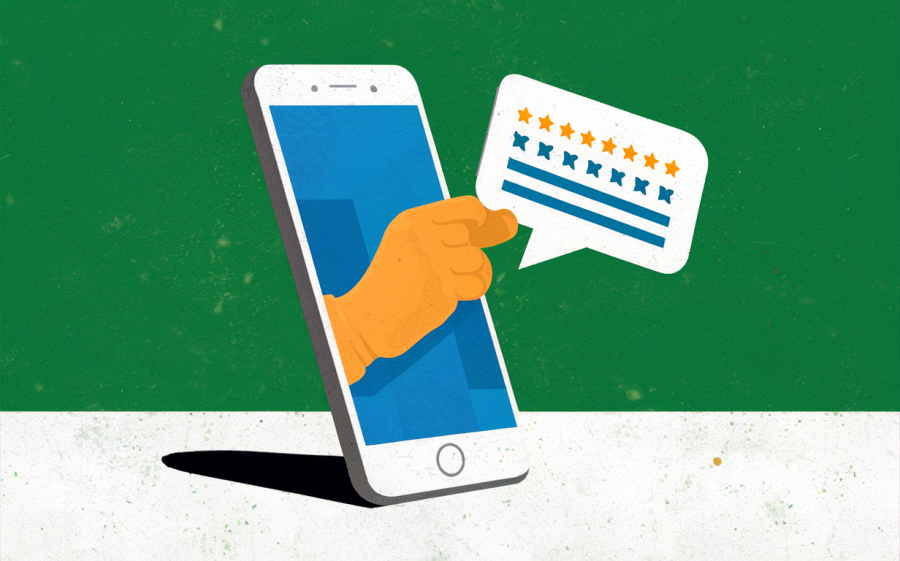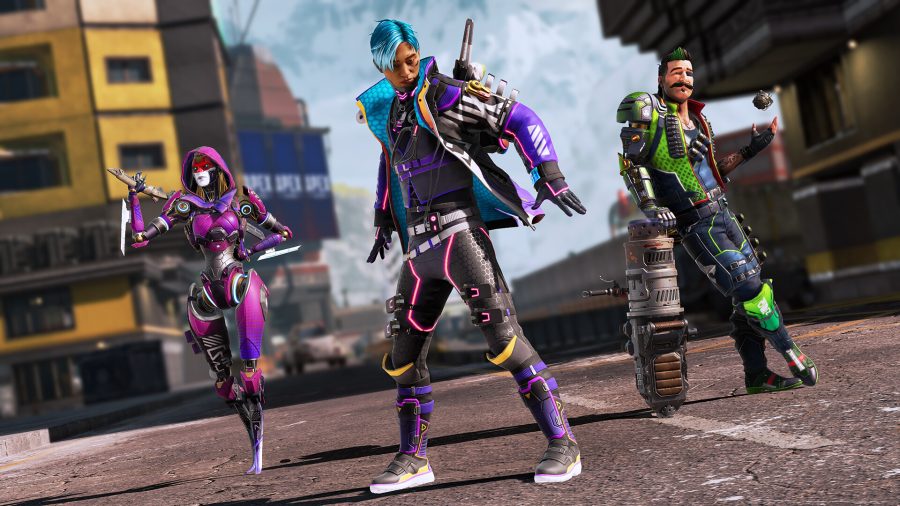OpenAI, the creator of ChatGPT, is currently embroiled in a legal battle over allegations of using copyrighted materials without authorization to train its artificial intelligence models, according to a recent Bloomberg Law report. A lawsuit filed by comedian Sarah Silverman and other authors accuses the AI company of violating California’s unfair competition law by incorporating copyrighted books into ChatGPT’s training data.
U.S. District Judge Araceli Martínez-Olguín, presiding over the case, has dismissed several of the plaintiffs’ claims, including vicarious copyright infringement and violations of the Digital Millennium Copyright Act. However, the judge has allowed the core allegation of direct copyright infringement to proceed, giving the authors until March 13 to amend their complaint.
This legal action highlights the ongoing debate over whether the use of copyrighted works to train AI models constitutes fair use under copyright law. The outcome of this case could have significant implications for the AI industry, particularly regarding the development and training of AI technologies.
OpenAI’s motion to dismiss did not address the claim of direct copyright infringement, leaving the door open for further legal scrutiny. Judge Martínez-Olguín noted that the unfair competition claim might be preempted by federal copyright law, but she did not rule on this issue as OpenAI had not raised it.
The lawsuit against OpenAI is part of a broader trend of copyright challenges facing the AI sector. The Authors Guild and The New York Times have also filed a lawsuit against OpenAI in Manhattan federal court, accusing the company of copyright infringement.
